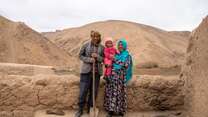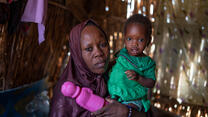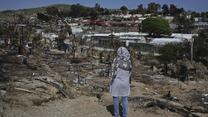In 2015 European countries championed the concept of ‘Leave No One Behind’ driven by the belief that the fulfilment of the Sustainable Development Goals (SDG) by 2030 must include the most vulnerable and hardest to reach populations. Four years into the process it is clear that people ‘caught in crisis’ are still excluded from SDG action plans, while entire regions – like the Sahel – are significantly falling behind on their SDG progress, scoring among the last on the global ranking.
IRC's new report, Left Out and Left Behind, argues that the international community - with a special emphasis on the European Union as the world’s leading humanitarian donor and a respected diplomatic power - must apply a more integrated and effective response to crisis in the Sahel by adopting the Sustainable Development Goals as the guiding principle across humanitarian, development and peacebuilding interventions. This requires a decisive shift from the current approach that focuses on security and migration management at the expense of more long-term peace and development outcomes.
Most importantly, the Sahel’s crisis affected populations, particularly women and girls, must be included in Agenda 2030 in order to truly fulfil the commitment to Leave No One Behind.



